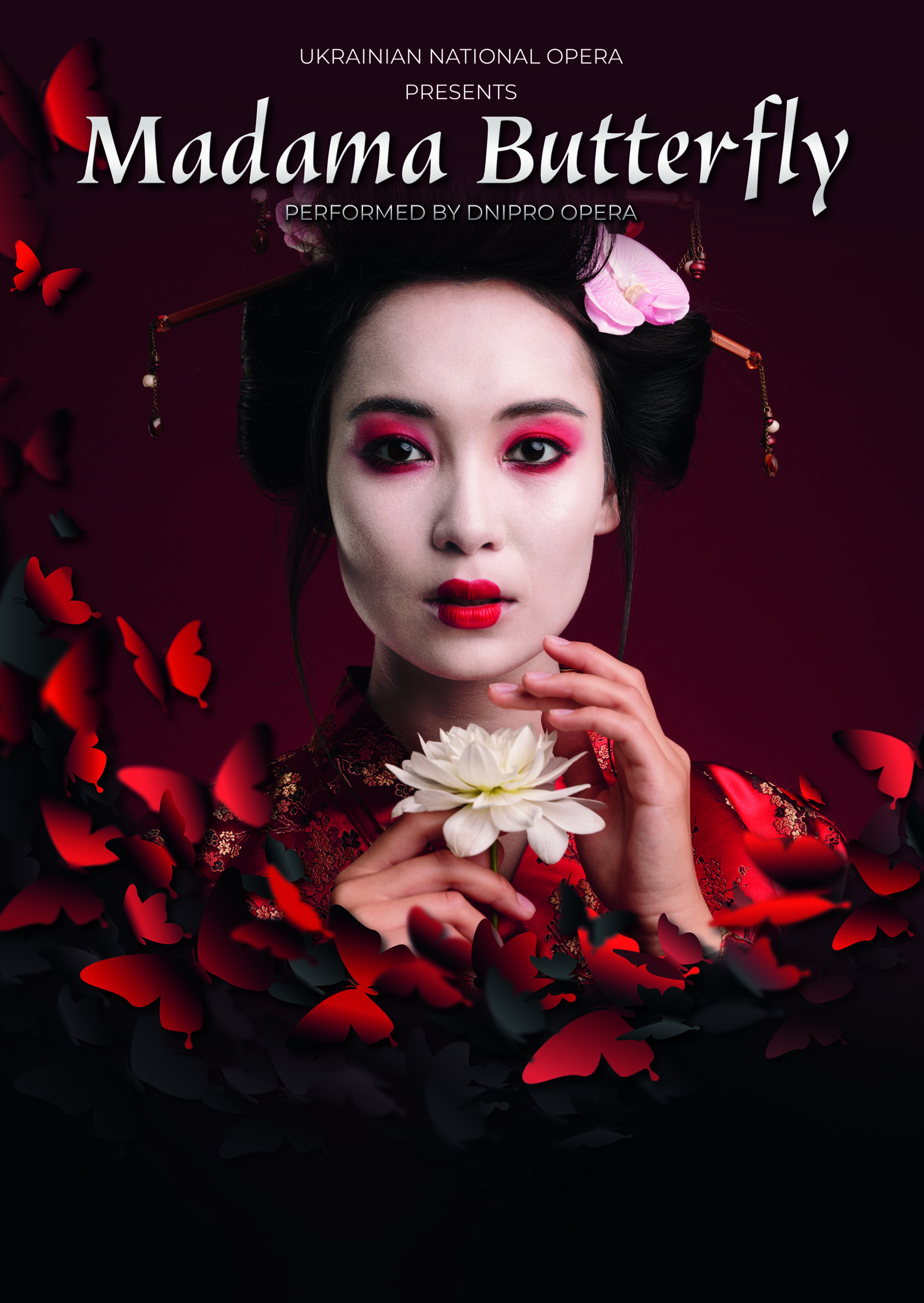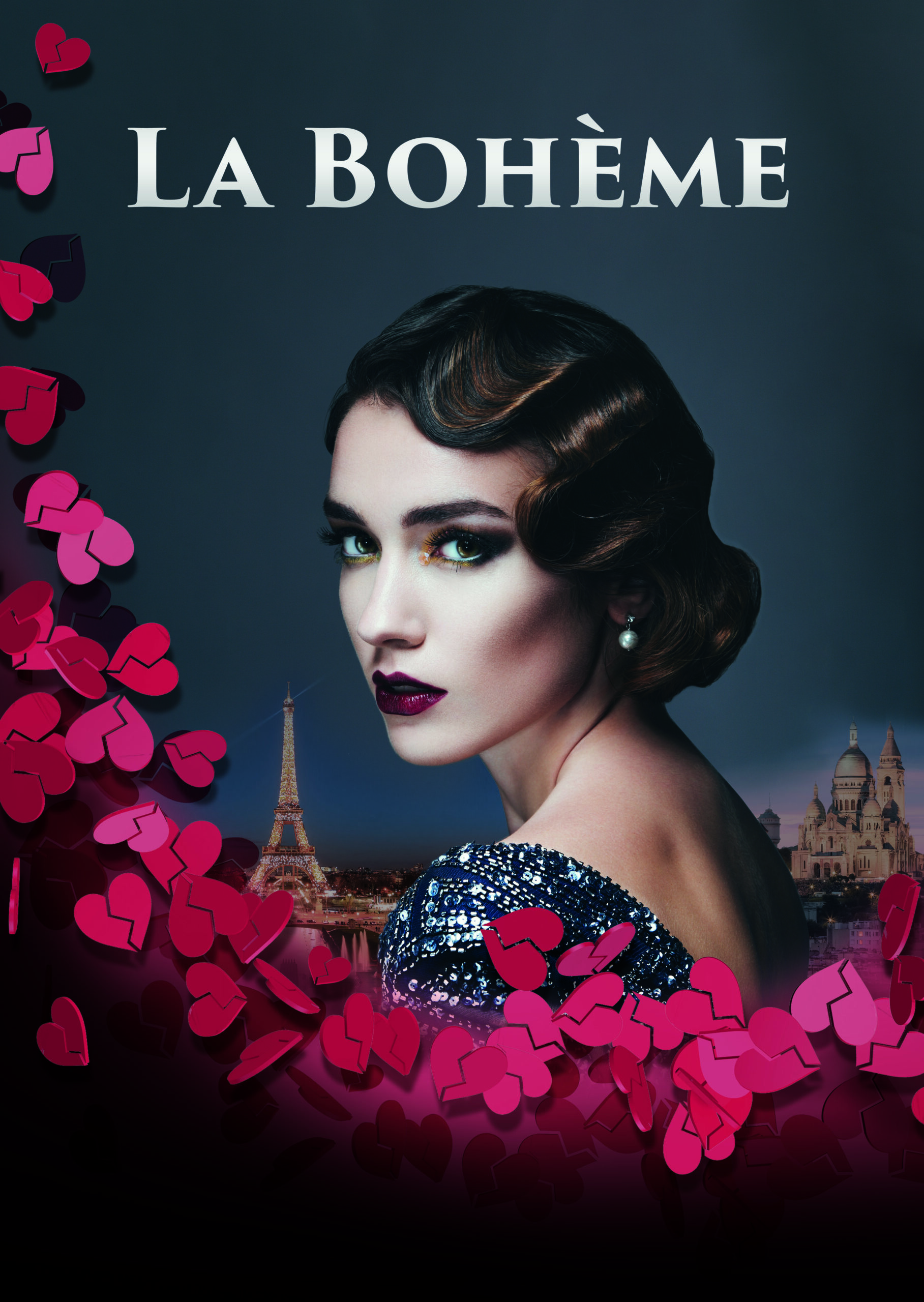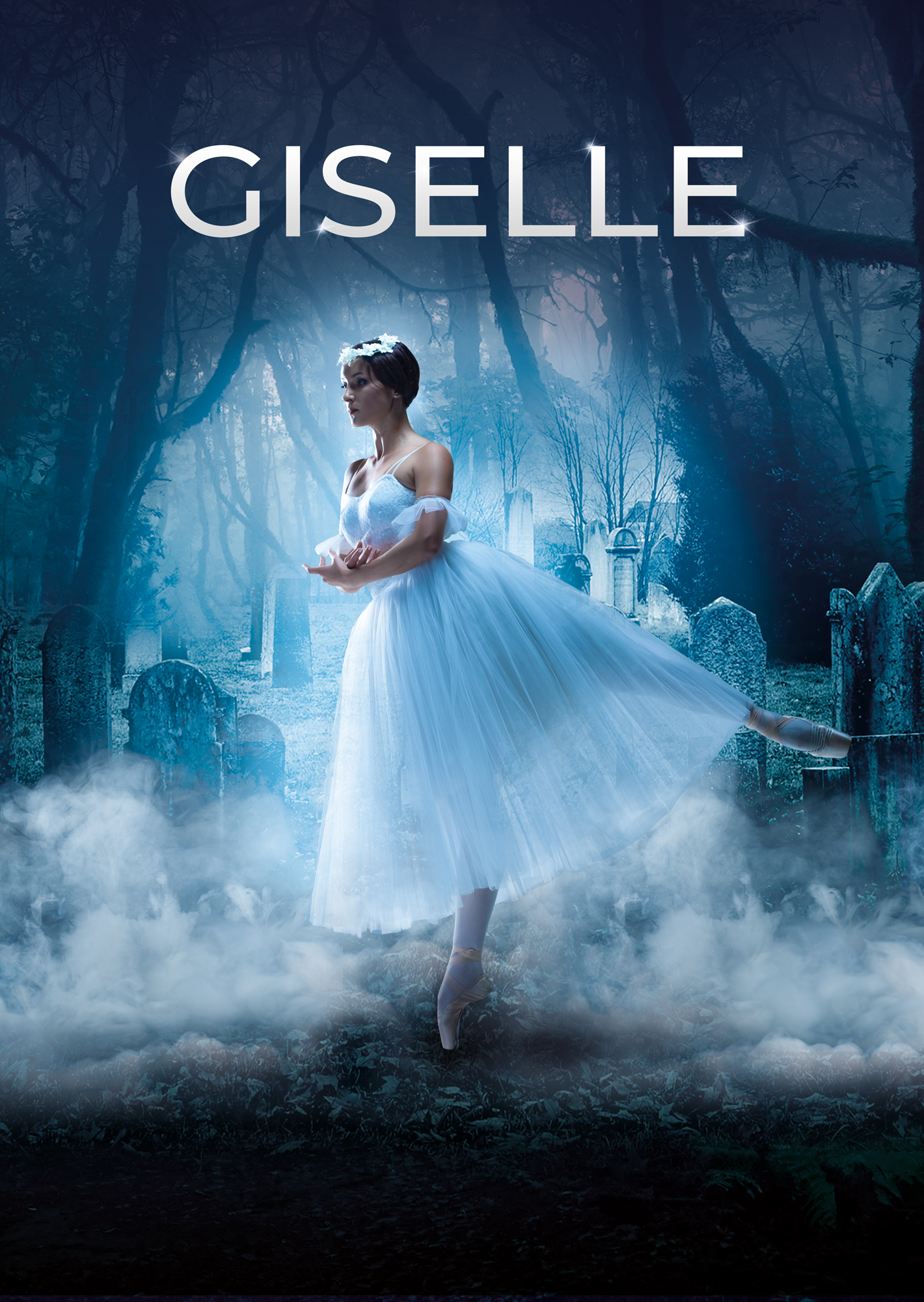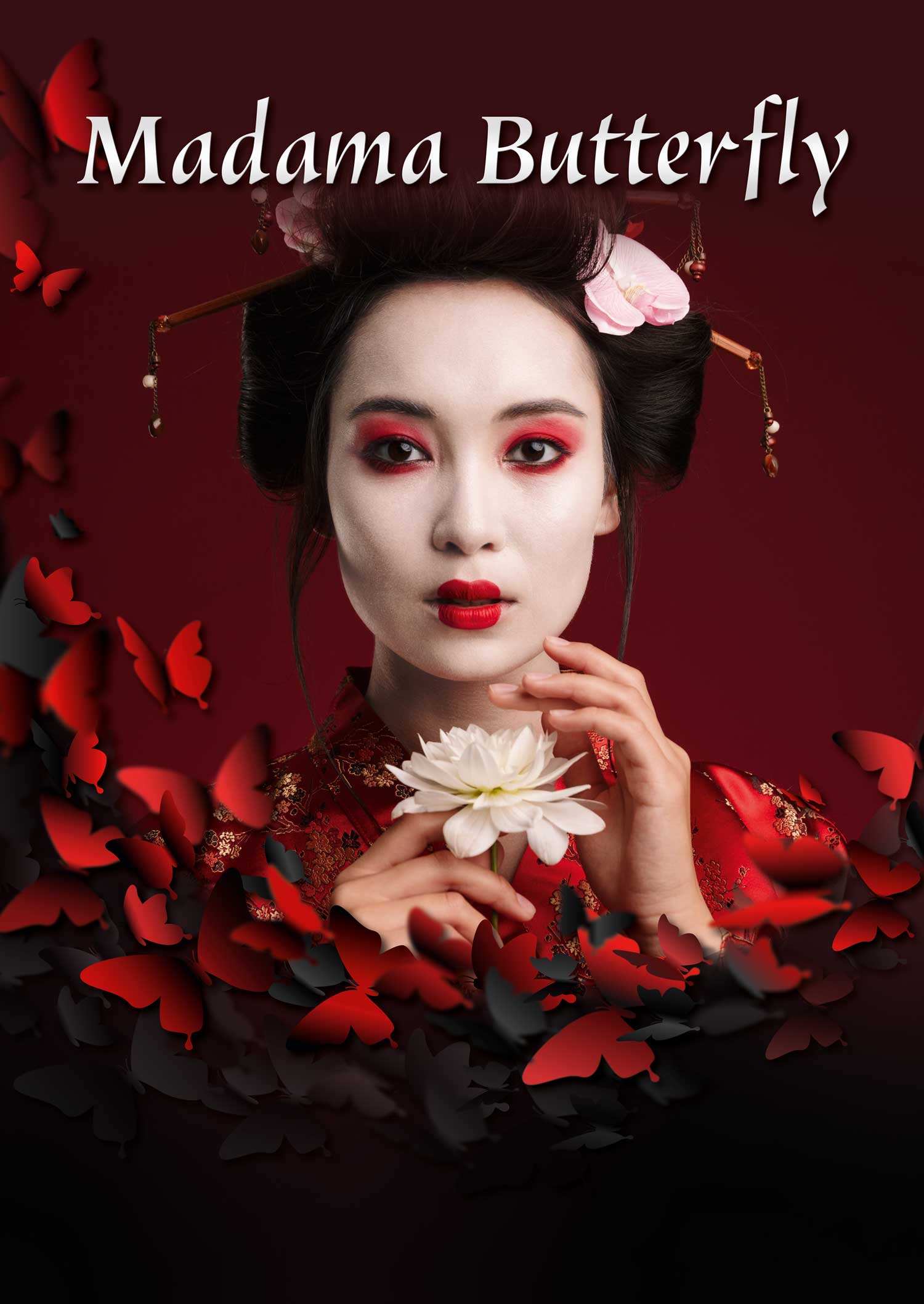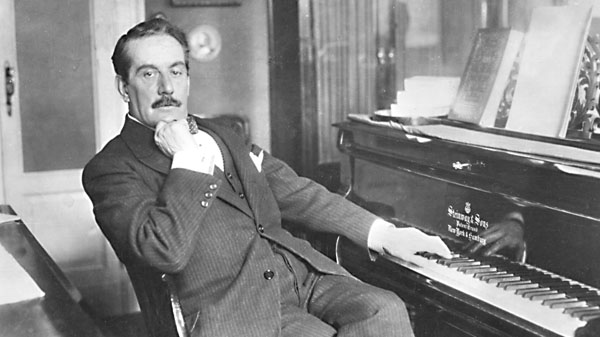It is perhaps not surprising that it was Giacomo Puccini’s fate to be a great Italian opera composer as he was born in Tuscany into a dynasty of musical geniuses. His family played a major part in Puccini’s development and at a young age he had already impressed his teachers.
Puccini was quick to adopt his own style and method of working. He believed that God had commanded him to write ‘only for the theatre’, and one can see why. He had the knack of finding the perfect subject to suit his talents. A highly literate man, he worked in depth with his librettists and though he drove them to despair with his demands, he had sound dramatic instincts.
At his best − particularly in his collaborations with Giuseppe Giacosa and Luigi Illica − his operas have settings as atmospheric and characters as vivid as those in the novels of Emile Zola and Charles Dickens for whom he had a deep admiration.
This combination of experience and determination resulted in his first international success with the opera Manon Lescaut (1892). Shortly after this, Puccini presented his three most famous pieces to the world: La Bohème in 1896, Tosca 1900 and Madama Butterfly in 1904.
With Tosca, he was revealed as a composer, at the age of 42, at the peak of his powers. However, he was about to enter a period of intense turbulence. For the first time he did not launch himself into a new project simultaneously with the premiere of his latest opera.
Instead, he spent his time frenetically pursuing his favourite pastimes (hunting, driving fast cars and indulging in short-lived love affairs) as well as overseeing productions of his operas outside Italy. A near fatal car accident in 1903 would leave him lame for the rest of his life, forcing him to walk with a stick, even short distances.
Spending a few days in London in 1900 for the July Covent Garden premiere of Tosca, Puccini attended a play by the American David Belasco adapted from a story by John Luther Long − Madama Butterfly. Puccini was utterly seduced by the tragic female lead, Cio-Cio-San and was convinced that the piece could be made into a moving and powerful opera.
For such a gifted composer, Puccini felt oddly insecure about his own abilities; each new work seemed to cause him a great deal of anxiety. Madama Butterfly was no exception. The premiere in Milan on 17thFebruary 1904 was poorly received, due in part to a late completion of the score by Puccini, leaving inadequate time for rehearsals. Changes were made and success was ensured following its relaunch four months later in Brescia.
Following Tosca, Puccini’s compositions were less frequent. In 1906 his librettist Giuseppe Giacosa died and in 1909 there was scandal after Puccini’s wife, Elvira, falsely accused their maid, Doria Manfredi, of having an affair with Puccini. Finally, the 1912 death of Puccini’s editor and publisher, Giulio Ricordi, marked the end of the most productive period of the composer’s career. “I’m afraid that Turandotwill never be finished,” wrote Puccini in 1921.
But he had no real reason to believe this − once again, he was simply in the throes of self-doubt. Yet, ironically, he never did finish the opera. In the event, the last touches were put to it by Franco Alfano, an obscure but conscientious composer. Having moved to Viareggio in 1923, Puccini was enjoying life, buying himself powerful new cars and speedboats. In 1924 he was made Senator of the Realm for his services to music.
However, soon after this award the first serious signs of his fatal illness struck. After showing signs of recovery after an operation for throat cancer Puccini died on 29th November 1924 of heart failure. In Milan, his death was marked by the cancellation of the planned programme at La Scala.
